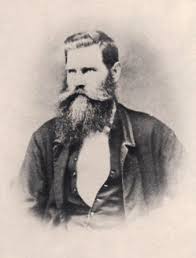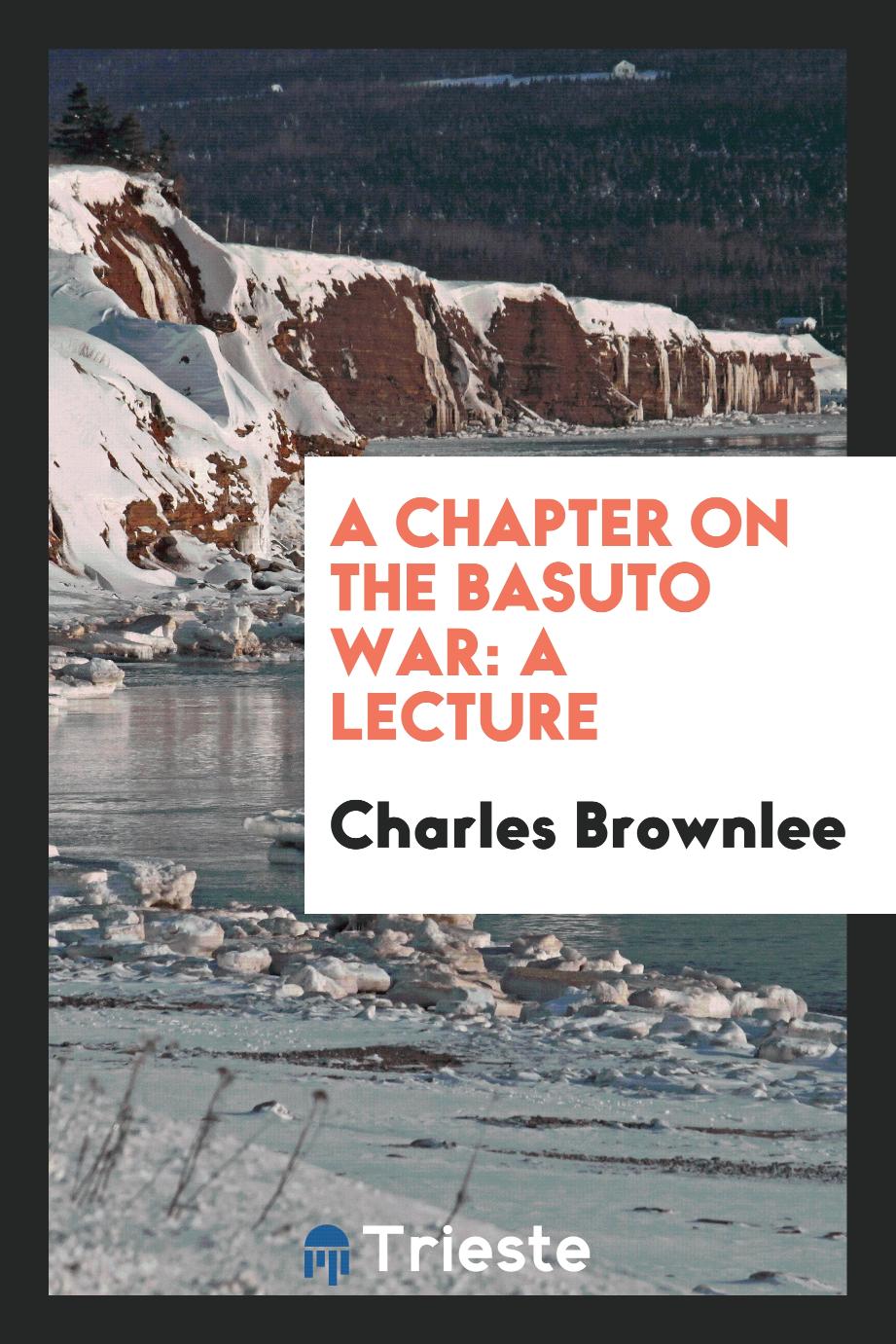
Charles Brownlee
Charles Pakalt Brownlee (September 1821–13, 1890) was a politician and writer of the Cape Colony. He was the First Secretary for Indigenous Affairs at Cape. Born in 1821, the son of linguist, botanist and missionary John Brownley, who founded the city of King William in 1825. From childhood, living among the people of the braid on the eastern border of the cape, Charles Brownley and his brother James grew up with their mother - fluency in the language and culture of the braid. As teenagers, the brothers were hired by missionaries traveling to the Kingdom of Zulu. Although Charles soon returned to the cape, his brother was in Zululand during the massacre at the delegation of Pete Retif, and he was instructed to free the bodies from the horses that still live. It was originally recorded as a guide for Governor Sir Harry Smith in 1846 during the Border War. His detailed and invaluable knowledge of the local population, as well as his courage, were noted, and he was soon appointed “commissar of the nut” in 1849 (“Nut” was the English name for the “ngkik” branch of the braid nation at that time). In 1851, he was appointed "diplomatic commissioner among the nuts." In the ongoing border wars that plagued the vanguard of British expansion in southern Africa, Brownley played a difficult and sometimes very awkward role as a peacemaker and cultural mediator sympathetic to the insults of Hos. but unable to restrain British expansion. (His unfortunate brother, James Brownley, was also involved in the conflict and was killed and subsequently beheaded in an ambush on March 28, 1851.) Charles Brownley’s position was liquidated in 1868 when colonial policy changed, and Brownley was re-appointed “Civil Commissioner” »For several areas of the border of the cape, including the city of King William.
